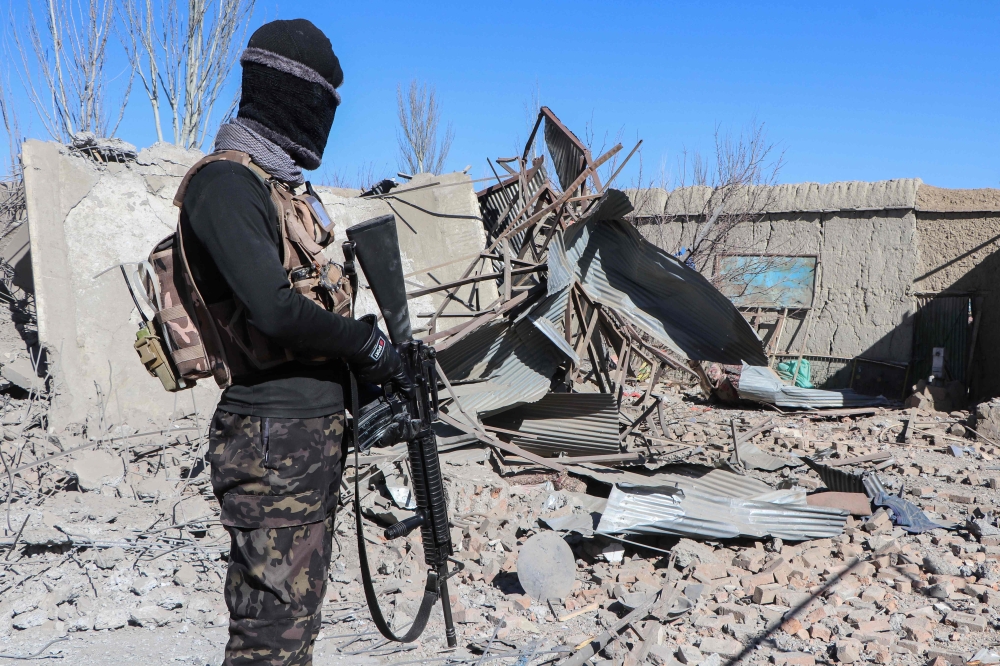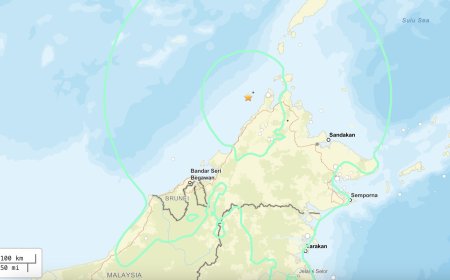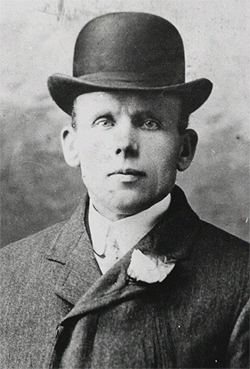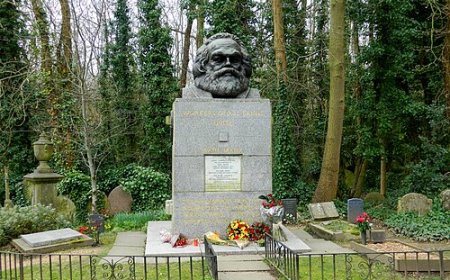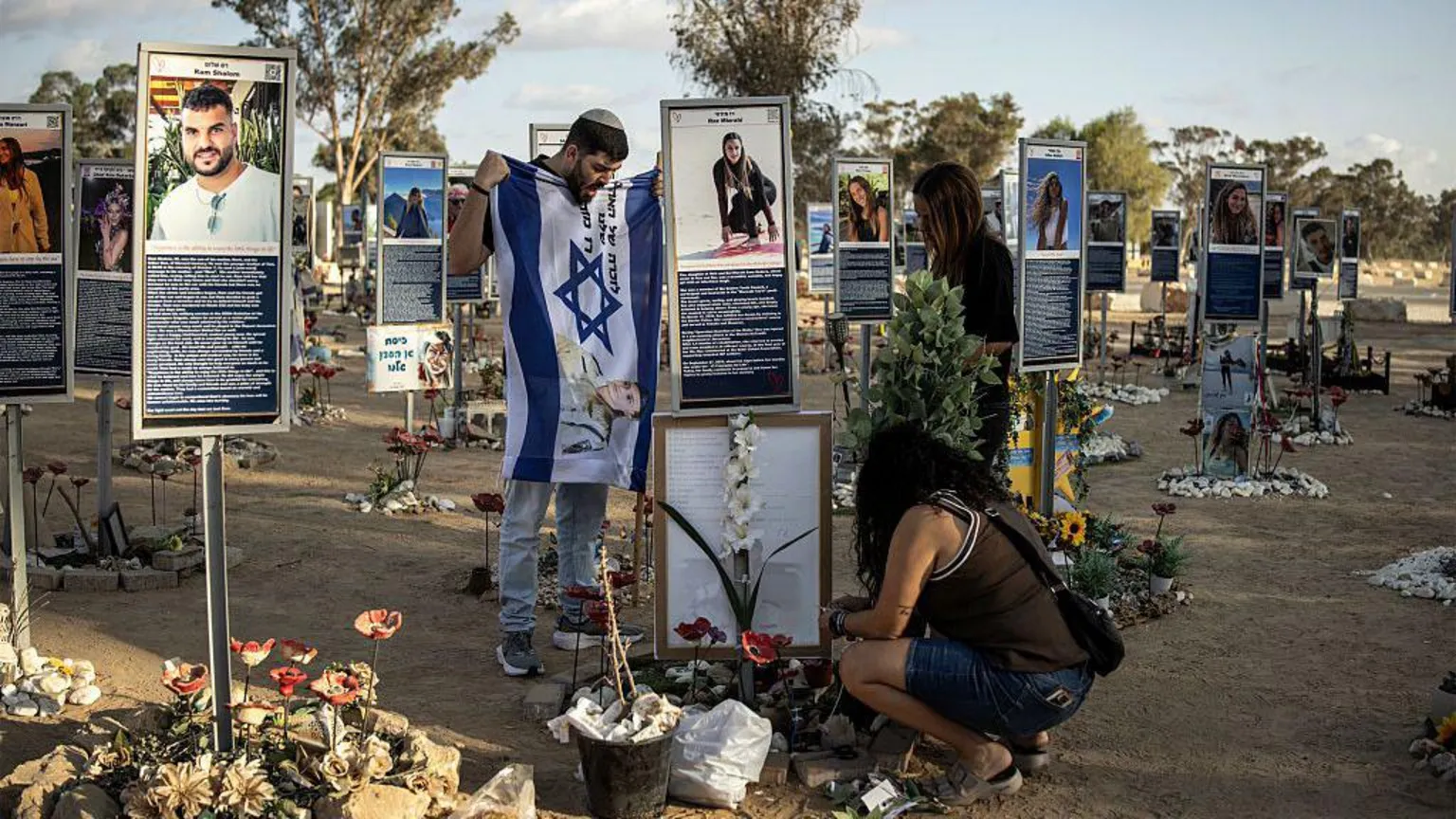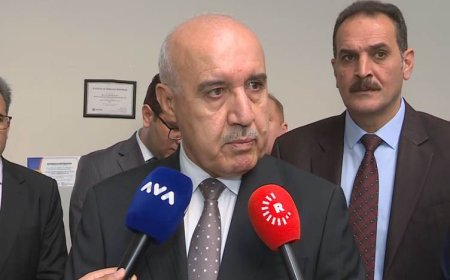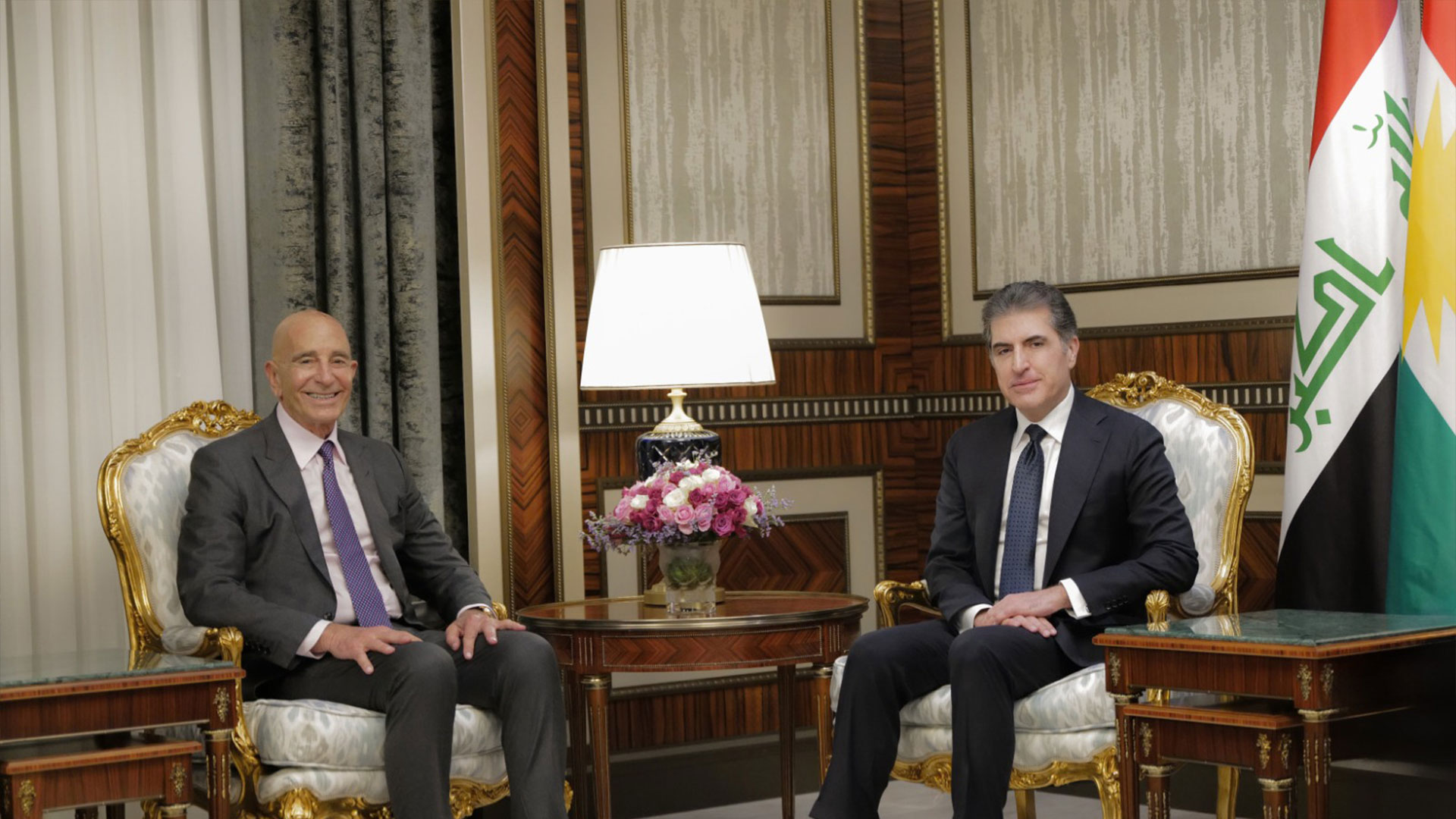Ex-premier Maliki in Erbil for talks on Iraq’s ‘three presidencies’

ERBIL, Kurdistan Region - Former Iraqi prime minister and head of the State of Law Coalition, Nouri al-Maliki (2006-2014), arrived in Erbil on Saturday to hold talks with top Kurdish leaders, as negotiations over forming Iraq’s next government continue to gain momentum.
Husham al-Rikabi, Maliki’s media advisor, said in a post on X that the ex-premier had arrived in the Kurdish capital “in response to the invitation” extended to him by President Masoud Barzani, leader of the Kurdistan Democratic Party (KDP).
Maliki, a senior member of Iraq’s ruling Shiite Coordination Framework, is in Erbil “to discuss many issues relating to the formation of the three presidencies, in addition to other matters,” Rikabi added.
Iraq held its early legislative ballot on November 9, followed by the general vote on November 11.
The Independent High Electoral Commission (IHEC) announced the final results on Monday. Caretaker Prime Minister Mohammed Shia’ al-Sudani’s Reconstruction and Development Coalition (RDC) secured 46 of the 329 parliamentary seats.
The Kurdistan Region’s ruling KDP ranked first in total votes for a single party, winning more than 1.1 million votes and 27 seats. Meanwhile, Maliki’s State of Law coalition garnered around 710,000 votes, securing 29 seats.
Hours after the IHEC announced the election results on Monday, the Shiite Coordination Framework said it had formed the largest bloc in parliament - a key step for the bloc that traditionally names the next prime minister.
Since the 2003 US-led invasion, Iraq’s informal ethno-sectarian system has allocated the premiership to Shiites, the speakership to Sunni Arabs, and the presidency to Kurds.
Under the Iraqi constitution, the new parliament must now convene with a two-thirds quorum of its members in a session led by the eldest legislator, who serves as acting speaker.
Parliament then elects a speaker, followed by a president through a secret ballot - requiring a two-thirds majority in the first round or a simple majority in a runoff. The largest parliamentary bloc then nominates the prime minister-designate, who is tasked by the president to form the next government.
The Coordination Framework said Monday it had established two committees - one to negotiate “national entitlements” and another to interview prime ministerial candidates.
Moeen al-Kazemi, a lawmaker for the Badr Organization - an ally of Maliki and Coordination Framework member - said Friday that Maliki is among the potential candidates for prime minister.
Other contenders include incumbent Premier Sudani, former Prime Minister Mustafa al-Kadhimi (2020-2022), National Security Advisor Qasem al-Araji, Iraqi National Intelligence Service chief Hamid al-Shatri, Interior Minister Abdul-Amir al-Shammari, and Basra Governor Asaad al-Eidani, among others.
[Source: Rûdaw English]


